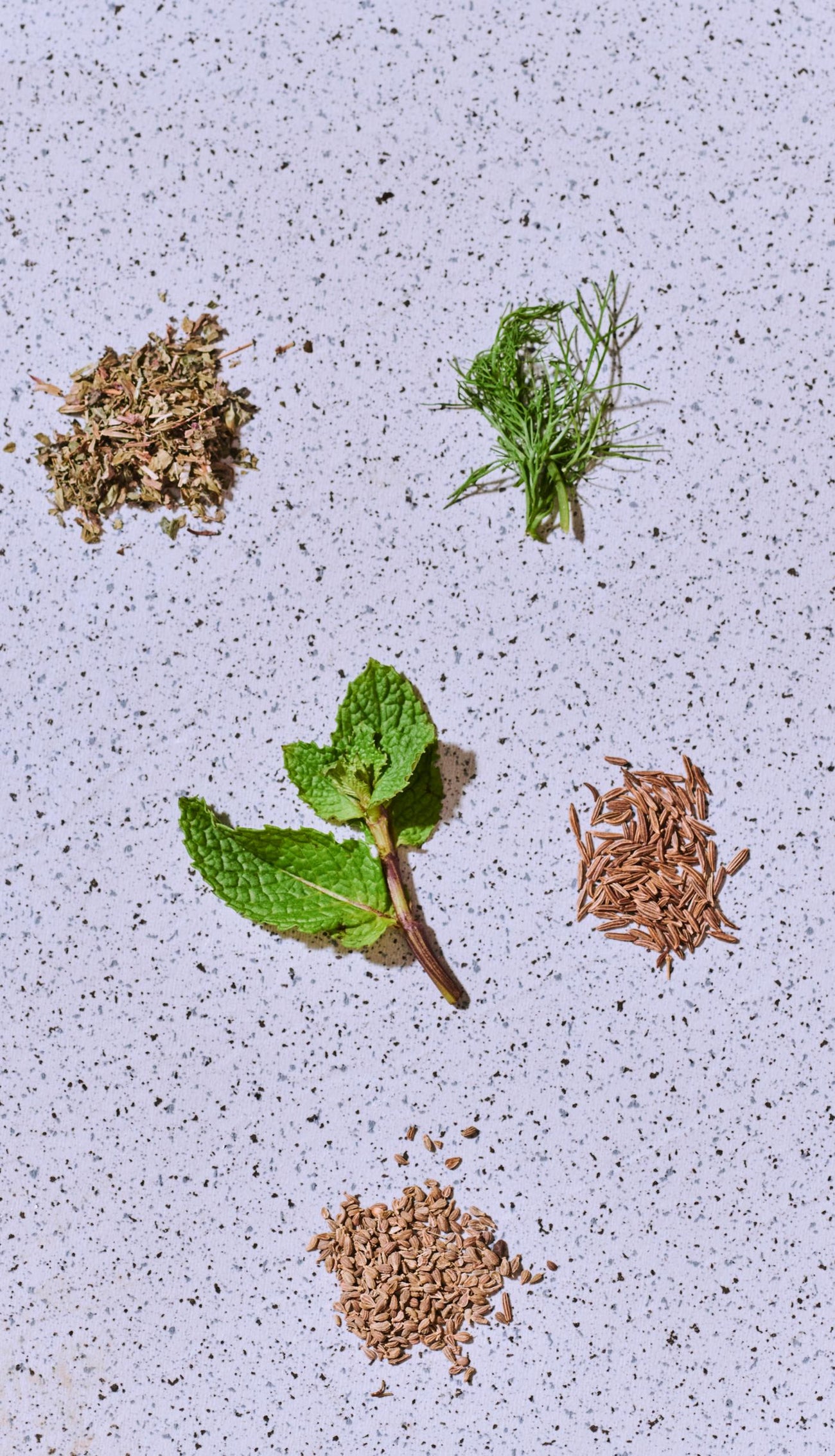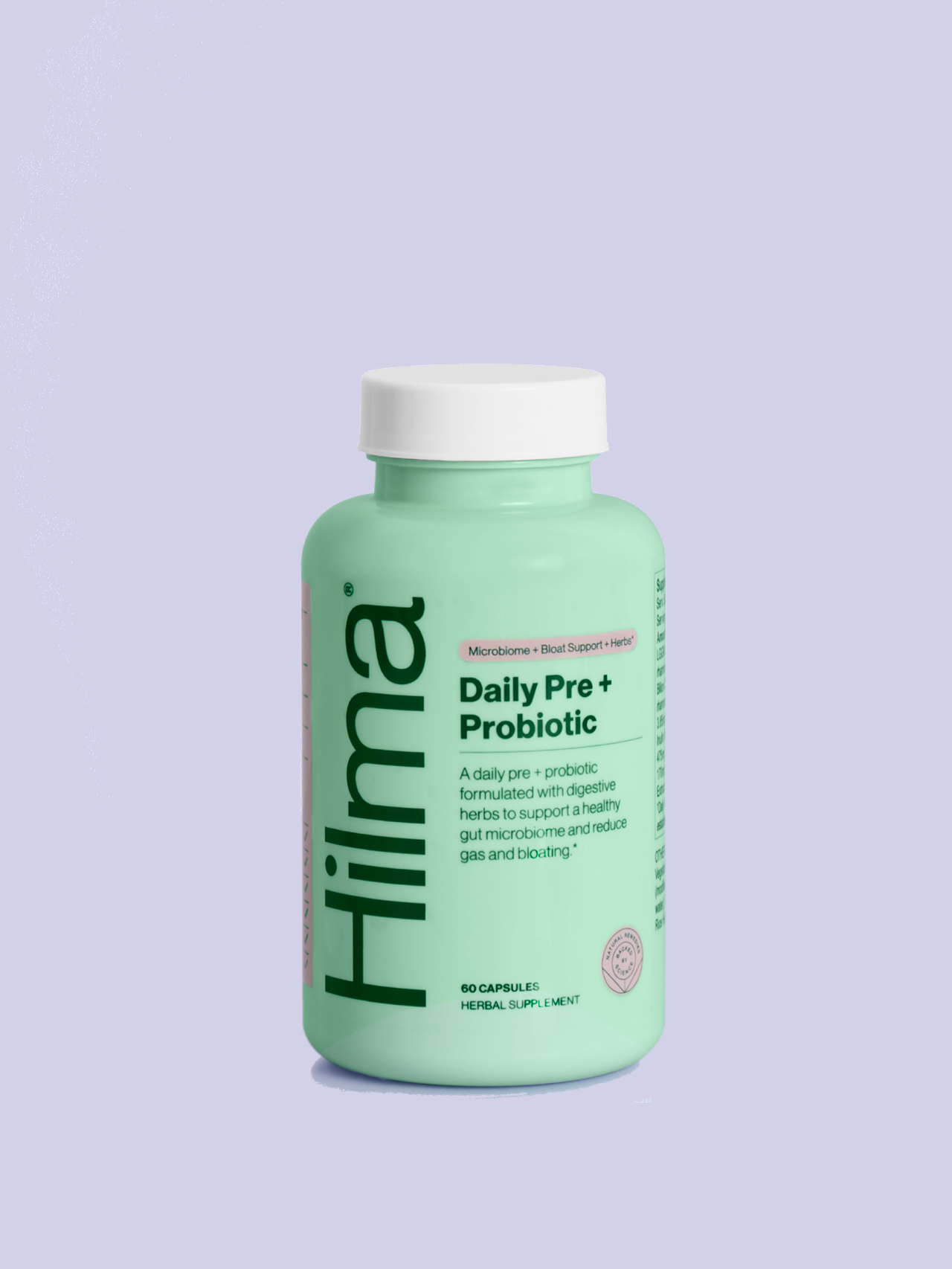
Let’s get one thing clear: gut health isn’t just about bloating or what goes on in the bathroom. It’s the foundation for everything—your energy levels, your mood, your immune system, and even how your skin glows (or doesn’t). And as someone who has spent years navigating my own digestive ups and downs, I can confidently say that healing your gut isn’t just about food—it’s about the entire ecosystem that is your mind, body, and spirit.
The gut is often called the “second brain,” but I like to think of it as your body’s master control center. When your gut’s in harmony, you feel grounded, balanced, and ready to take on the world. But when it’s off? Well, let’s just say everything feels a little out of whack.
Here are five gut health tips that I regularly share with my clients to help them not just survive, but thrive by taking care of their gut—holistically, of course.
1. Limit Processed Foods and Ditch Fake Sugars, Gums, and Fillers
If there’s one thing I know for sure, it’s this: your gut thrives on real food. Not the fake, overly-processed, packaged stuff that lines supermarket shelves, but whole, nutrient-dense foods that actually nourish your digestive system. And here’s the catch—sometimes even the “healthy” options sneak in ingredients that are major culprits for gut irritation and inflammation.
Let’s talk about those sneaky villains: artificial sweeteners, refined sugars, gums, fillers, artificial dyes, and preservatives. You know the ones—sucralose, aspartame, carrageenan, Red 40, and sodium nitrites. These additives might make products low-calorie, colorful, or long-lasting, but they come at the expense of your gut lining and microbiome. And trust me, you don’t want an inflamed gut lining or an imbalanced microbiome.
Processed foods containing these ingredients act like tiny agitators, disrupting the balance of good and bad bacteria in your gut. Artificial sweeteners and refined sugars feed harmful bacteria while gums and emulsifiers irritate the gut lining. The result? Inflammation, bloating, and even long-term digestive dysfunction. When your gut is off, everything from digestion to mood takes a hit. I always tell my clients, if you can’t pronounce an ingredient on a label, your gut probably can’t digest it either. Or if your ancestors wouldn’t recognize it as food, it’s probably not food.
Instead, focus on real, whole foods. Think leafy greens, nuts, seeds, fiber-rich veggies, and high-quality proteins. When you fuel your body with foods that are as close to their natural form as possible, your gut will thank you. And remember—sometimes the most nourishing thing you can do is simplify.
And when buying pre-made, packaged, or minimally processed foods, always look for ingredients you can pronounce. Healthier options are often sweetened with natural choices like dates, maple syrup, honey, or monk fruit. For color, look for foods dyed with fruit and vegetable extracts instead of artificial dyes. Your gut will appreciate these small, mindful swaps, and so will the rest of your body.
2. Check In with Your Nervous System: Somatic Practices for Gut Health
The gut-brain connection is real. And if you’ve ever had butterflies in your stomach or felt like you couldn’t digest your food after a stressful day, you already know this on an intuitive level. What’s happening in your nervous system is directly linked to what’s going on in your gut.
The gut itself houses a powerful system known as the enteric nervous system (ENS), often referred to as the "second brain." This network of neurons in your digestive tract communicates with your central nervous system, helping to regulate digestion independently of your brain. The ENS plays a crucial role in everything from motility (how your intestines move food through) to the release of digestive enzymes. It’s why emotional stress can have such a direct impact on your digestion—your gut and brain are always talking. When stress disrupts that conversation, the gut can respond with symptoms like bloating, cramping, or even constipation.
The vagus nerve—the powerhouse that connects your brain to your digestive system—acts like a two-way street. When you’re calm, your gut operates in rest-and-digest mode, breaking down food and absorbing nutrients like a well-oiled machine. But when you’re stressed, your gut shifts into survival mode, and digestion? Well, it takes a backseat. Remember, if our body thinks it’s being chased by a bear (it doesn’t know the difference between types of stress), its energetic priority isn’t going to be breaking down and absorbing food. Your body will always prioritize survival over digestion.
That’s why I always tell clients: if you want to heal your gut, you’ve got to tend to your nervous system. Start incorporating somatic practices into your daily routine. Breathwork, meditation, music (and hertz frequencies), and gentle movement/exercise like walking are some of my favorite ways to calm the nervous system and give your gut the signal that it’s safe to do its job.
I’m personally a huge fan of breathwork, especially the 4-7-8 technique. Inhale for four seconds, hold for seven, and exhale for eight. It sounds simple, but it can have a profound impact on calming your body and boosting digestion. By regulating your nervous system, you’re helping your gut stay balanced, which is key for avoiding digestive issues like bloating, IBS, and constipation.
3. Carminative Herbs: Your Secret Gut Health Allies
Mother Nature didn’t leave us hanging when it comes to digestive support. There are certain herbs known as carminatives that have been used for centuries to support digestion, reduce bloating, and soothe the gut-brain axis. And let me tell you, they’re still just as effective today.
Let’s talk about ginger, fennel, peppermint, and lemon balm—my go-to gut-soothers. Ginger is like the digestive superhero, reducing inflammation and stimulating the production of digestive enzymes. I like to keep it simple: a cup of warm ginger tea after meals can help with bloating and gas, making your digestive system run smoother.
Fennel and peppermint are absolute godsends for anyone who deals with bloating or trapped gas. Fennel has a natural ability to relax the muscles in the digestive tract, while peppermint soothes spasms. If you’re like me and enjoy a post-meal ritual, try brewing a peppermint and fennel tea after lunch. It’s like a little love letter to your gut.
And then there’s lemon balm—a calming herb that helps ease both the gut and the nervous system. A warm cup of lemon balm tea is perfect for winding down in the evening and supporting that gut-brain connection. Incorporating these herbs into your routine isn’t just about soothing the gut; it’s about creating moments of care for yourself that ripple into every aspect of your health.
4. It’s Not Just What You’re Eating, But How You’re Eating
We talk a lot about the what—what to eat, what to avoid—but the how is just as important when it comes to gut health. Picture this: you’re scarfing down a big bowl of vegetables at your desk, multitasking, and scrolling through emails. No matter how organic or nutrient-rich that salad is, if you’re eating in a state of stress, your gut is not going to digest it properly.
The environment in which you eat matters. Your body digests food best when it feels safe and relaxed, not when it’s on the go or in fight-or-flight mode. When your nervous system is calm, your body trusts that it has enough time, food, and security to slow down and fully focus on digestion. If your body perceives stress—whether it’s from a tight deadline or unresolved emotions—it prioritizes survival over digestion. That’s why sitting down, taking a few deep breaths before eating, and allowing yourself to be fully present with your meal is essential.
It’s also important to recognize that your current eating habits often reflect your emotional state. Are you rushing through meals because you feel like there’s not enough time in the day? Or are you mindlessly snacking because you’re feeling overwhelmed? These habits are signs that your nervous system might not be feeling safe, and that stress is taking a toll on both your emotions and your digestion.
By tuning into how you’re eating, you can start to understand what’s happening beneath the surface emotionally.
Another underrated tip is to surround yourself with people who make you feel calm and supported during meals. Sharing a meal with loved ones can create an environment where your body feels safe and relaxed, which can do wonders for your digestion. This might mean setting boundaries and saying “no” to dinner plans with stressful people. Saying “yes” to yourself and creating a safe, peaceful environment to eat allows your body to enter a relaxed, parasympathetic state—what we call "rest and digest."
When you slow down, chew thoroughly, and engage with your food, you allow your body to process nutrients efficiently. Eating is an experience—one that should be savored, not rushed. When your body feels safe and trusted, it will reward you with better digestion, more energy, and a deeper connection to what you’re feeding it.
5. Honor Your Bio-Individuality: There’s No One-Size-Fits-All
When it comes to gut health, one thing is for sure: no two guts are alike. Your microbiome, digestion, and overall gut health are as unique as your fingerprint, which is why a one-size-fits-all approach will never cut it. This is where bio-individuality comes into play.
I often recommend my clients get specific gut testing done through an integrative practitioner, like a GI-MAP, to get a clear picture of what’s happening inside their digestive tract. Whether it’s bacterial overgrowth, parasites, yeast overgrowths, or inflammation, getting the right tests can pinpoint exactly what’s throwing your gut off balance. From there, a plan can be created that’s tailored specifically to you—your diet, your lifestyle, and your needs.
Take, for example, one of my clients who was dealing with chronic bloating and fatigue. After getting a GI-MAP through her primary doctor, we discovered she had a bacterial imbalance, SIBO, and was low in stomach acid. With that information, we could create a targeted protocol of herbs, supplements, and dietary changes that helped her regain her energy and reduce her symptoms. This was quite a different plan and approach compared to another client who received a GI MAP showing gluten allergies, a parasite, and H-Pylori. It’s all about addressing the root cause and not just masking the symptoms.
Gut health is personal, and what works for one person might not work for another. If you’re serious about healing your gut, I highly recommend working with a practitioner who runs functional lab testing and will work with you to get a full understanding of what’s going on in your digestive system. This way, you can create a roadmap that’s specific to your needs, rather than relying on generalized advice.
Gut Health is a Journey, Not a Destination
Healing your gut is about much more than just food. It’s about connection—to your body, your nervous system, and the world around you. By limiting processed foods, calming your nervous system, incorporating gut-soothing herbs, focusing on how you eat, and honoring your bio-individuality, you can support your gut in a way that’s holistic and sustainable.
But perhaps the most profound part of healing your gut is the journey of getting to know yourself better. We are not just individuals; we are host organisms filled with billions of microbes that make up the unique ecosystem of "you." Deep diving into your gut health is an invitation to get to know yourself on a deeper level, because you are acknowledging the intricate microbial community that plays a role in your energy, your mood, and even your identity. By understanding your gut—what nourishes it, what disrupts it—you’re also learning about the rhythms and patterns that make you, you.



